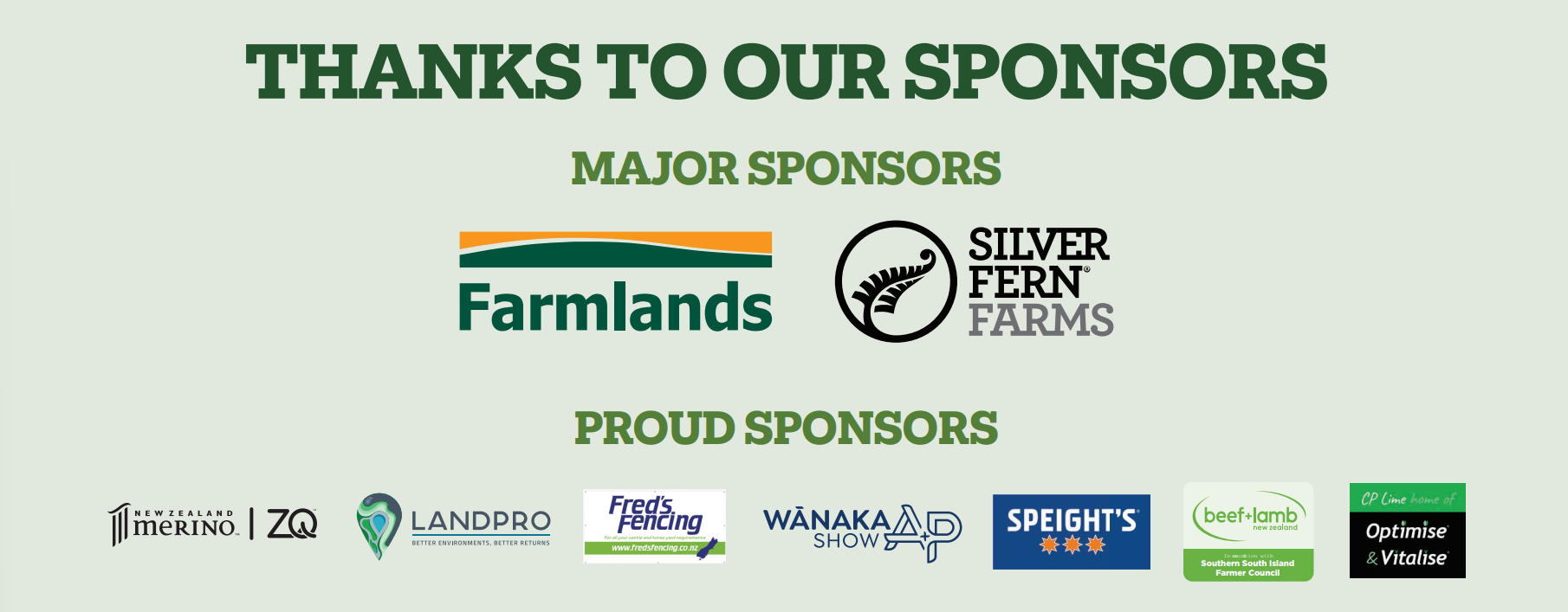
Graham Hunter describes the 55ha of forestry on his South Otago property as "just the icing on the cake" for his farming operation.
Trees have been a passion for Graham for many years — "I love trees and how they add to the environment", protect the land and provide shade and shelter for stock.
In 2015, Graham and his wife Pam were named the South Island Husqvarna farm forester of the year, an acknowledgement which he described as an "awesome privilege".
The judging criteria included personal effort in tree planting and results, service to community and advice given, depth and spread of knowledge, and service to the Farm Forestry Association.
The couple farm at Kononi, north of Tuapeka Mouth, on the east side of the Clutha River and 20km from Lawrence, where they run 2700 stock units on the 390ha sheep and beef farm.
Graham and Pam have planted thousands of trees on both that property since moving there 26 years ago and also on their previous property.
Graham has been a stalwart of the South Otago branch of the Farm Forestry Association which he said was an "easy fit".
"Nice people, a good place to learn stuff; it’s a very good environment with like-minded people."
Despite his passion for trees, he was more passionate about farming and described the recent large-scale conversion of sheep and beef farmland into pine trees as a tragedy.
"I’ve actually run out of words."
The oft-used cliche of "right tree, right place" had never been truer and he feared for the future of rural communities through what he described as depopulation on a big scale.
"There’s more than 100,000 stock units going into forestry in South Otago.
"It’s just wrong on every angle."
It had not been thought through and there were many unintended consequences, including for his local community.
"It’s under-rated what goes on in Lawrence. It’s a very busy community.
"People go the extra mile a huge amount ... I just lurk around the edges really."
He was also involved with the Lions and the rural water scheme.
On their property, trees had been another diversification to their farming operation— "another string to our bow" — and income source, possibly contributing retirement funds in the future.
They were an "awesome" team and he reckoned they loved farming now more than ever.
"I just feel like we’re scratching the surface a bit about what’s possible, what we can do and how we can farm better and different types of farming."
One key insight recently had been the need for rest in nature.
Pasture was often grazed too quickly too soon. If the right amount of time was given to recover between grazing, it allowed the roots to grow stronger and deep, meaning the pasture was more resilience to dry and wet periods.
"It’s been exciting to see things working better.
"It’s about trying to improve ... to restore our pastures ... make it better than it was.
"Nature, if you allow it, is very, very forgiving. Give it time, it will heal itself."
It was a privilege to be able to put livestock on to pasture and turn it into meat and wool.
— Sally Rae
















